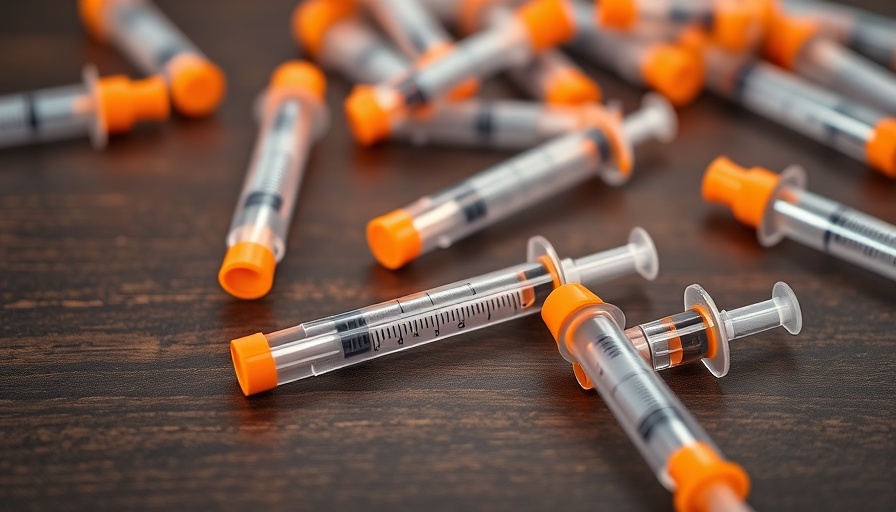
Syringe Exchange Skepticism Hampers West Virginia's HIV Crisis Response
Charleston, West Virginia, faces an ongoing struggle in addressing a critical HIV outbreak predominantly affecting individuals who inject opioids or methamphetamine. Despite federal intervention over three years ago, challenges remain due to apprehensions surrounding syringe exchange programs.
Arguments Against Syringe Exchange Programs
The Centers for Disease Control and Prevention (CDC) identified robust syringe exchange initiatives as essential in curbing the spread of HIV. However, local political figures argue such programs might inadvertently promote illegal drug usage. This contention has resulted in legislative hurdles that limit access to clean syringes, curtailing potential effectiveness.
Local Community Efforts and Frustrations
Joe Solomon, co-director of SOAR WV and a City Council member, highlights the community's dedication despite these obstacles. In his words, their efforts feel hampered: "You see a city eager to act, yet constrained by syringe access limitations." Previously attempted interventions by SOAR WV were curtailed due to new legal restrictions limiting syringe exchange frequency and mandating stringent identification protocols.
Future Perspectives on Public Health Responses
Experts, including epidemiologist Robin Pollini, emphasize the need for adaptable health strategies. Her insights suggest that while current programs operate under restrictions, they inadequately support continual user participation, thereby reducing their potential impact. Addressing legislative barriers and adopting comprehensive health policies may be key steps forward.
 Add Row
Add Row  Add
Add 




 Add Row
Add Row  Add
Add 



Write A Comment